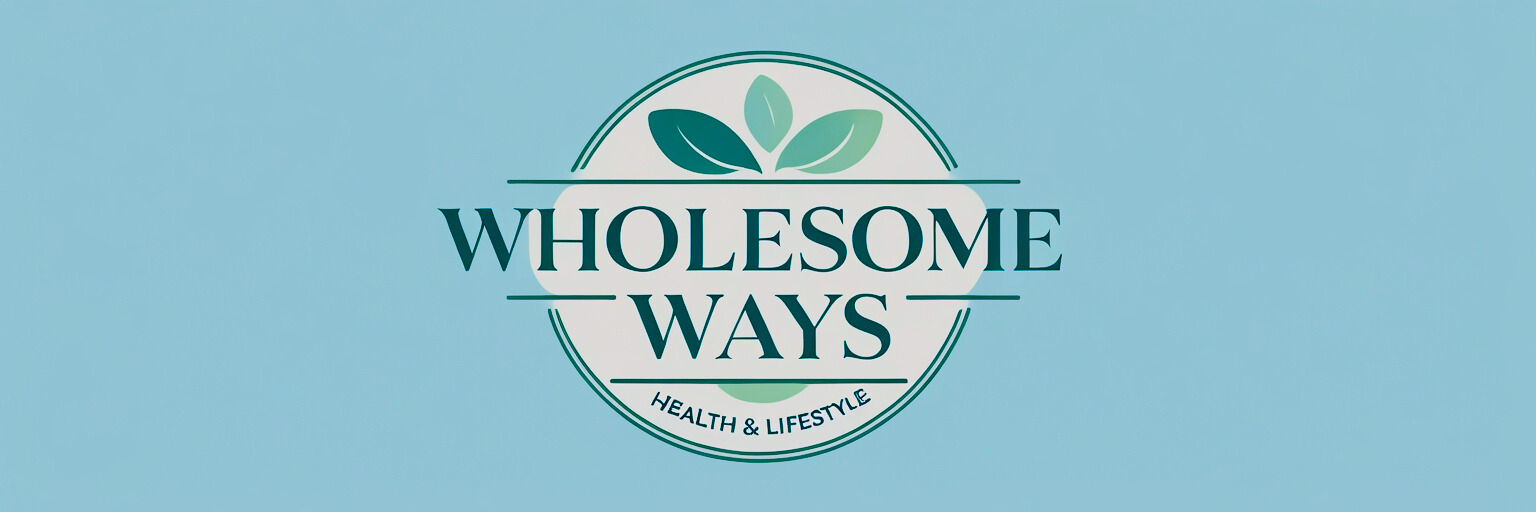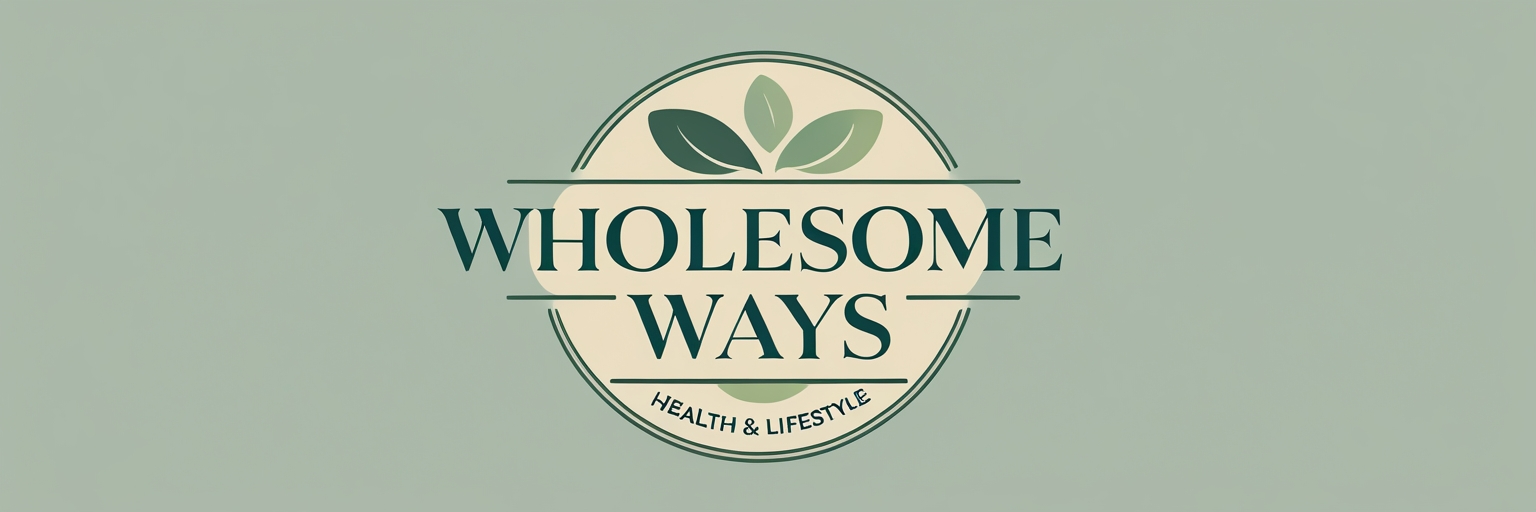Now Reading: Trust Your Intuition: Develop Your Inner Compass
-
01
Trust Your Intuition: Develop Your Inner Compass
Trust Your Intuition: Develop Your Inner Compass

Have you ever had a “gut feeling” that turned out to be incredibly insightful? Or perhaps you experienced a quiet, internal nudge that you chose to overlook, only to later wish you had listened? In our modern world, we’re constantly inundated with information and countless choices, which can easily lead to feelings of overwhelm, overthinking, and even decision paralysis. But what if you possessed a powerful, inherent tool designed to gently guide you toward clearer choices and a deeper sense of well-being? That remarkable tool is your inner compass, your intuition.
As your compassionate guide on this journey, I’m here to explore how developing and trusting your inner compass can profoundly transform your approach to decision-making and significantly enhance your mental health. This isn’t about abandoning logic or rational thought; rather, it’s about learning to honor and integrate that profound inner knowing for a calmer, more aligned, and genuinely fulfilling life. Together, let’s unlock your innate inner wisdom.
What is Your Inner Compass? Defining Intuition Beyond a Simple “Gut Feeling”
Too often, we might dismiss intuition as mere guesswork, a random hunch, or even wishful thinking. Yet, it’s far more sophisticated and powerful than a simple ‘gut feeling.’ Your inner compass represents a profound form of inner guidance, a subtle yet clear knowing that emerges from the vast depths of your subconscious mind.
The Science Behind Intuition
Intuition isn’t magic; it’s a fascinating and powerful cognitive process. Scientists and psychologists have increasingly recognized its validity, often linking it to the incredible brain-gut connection. Our gut, sometimes affectionately called our “second brain,” is intricately lined with millions of neurons that communicate directly with our brain. This enteric nervous system plays a significant role in our emotional and physical responses, often manifesting as those distinct physical sensations we associate with an intuitive insight or a strong gut feeling when making choices.
Beyond the gut, intuition is largely rooted in the remarkable process of subconscious pattern recognition. Our brains are truly astounding, constantly processing an immense amount of information from our environment and experiences – far more than our conscious minds can ever actively grasp. Think of it like this: every conversation you’ve had, every person you’ve met, every situation you’ve navigated, every piece of information you’ve absorbed (even passively) is stored away in your brain’s vast archives.
When you’re faced with a new situation or decision, your subconscious mind rapidly scans this enormous database of past experiences, observations, and subtle cues. It quickly identifies patterns, connections, and underlying similarities without your conscious awareness needing to logically list them out. For example, an experienced doctor might walk into a patient’s room and get an immediate “hunch” about a diagnosis before even reviewing all the charts, based on years of subconsciously recognizing subtle patterns in symptoms, body language, and medical history. Or consider meeting someone new and instantly feeling a strong positive or negative “vibe” about them – your brain has quickly processed countless micro-expressions, tones of voice, and previous social interactions to deliver that instantaneous assessment. This rapid, non-linear processing leads to an instantaneous understanding or insight, often without a clear, step-by-step logical path being consciously formed. It’s your brain’s way of giving you a summary of its deep analysis.
Intuition vs. Instinct vs. Fear
It’s crucial to understand the helpful distinctions between these often-confused concepts, as each plays a different role:
- Instinct: These are primal, automatic, hardwired responses essential for our immediate survival (e.g., the fight-or-flight response when faced with danger). They are universal across a species and are about immediate physical protection.
- Intuition: This is a more refined and personal form of knowing, built upon your unique personal experiences, learning, and accumulated subconscious wisdom. It often presents as a quiet, clear understanding, a subtle “knowing” that feels expansive and often provides clarity. Intuition gently guides you towards choices that are deeply aligned with your authentic self and long-term well-being.
- Fear: This is a powerful emotion, often loud, urgent, and accompanied by a sense of panic, anxiety, or dread. While fear can sometimes alert us to immediate physical danger (similar to instinct), it very frequently stems from anxiety, past trauma, or limiting beliefs. Unlike intuition, fear tends to cloud our judgment, making us feel constricted rather than offering clear guidance. Learning to truly differentiate intuition from fear is a vital and empowering step in wholeheartedly trusting your inner compass.
Why Your Inner Compass Matters
Your inner compass is an invaluable ally for navigating the complexities and opportunities of life. It serves as your personal, internal GPS, guiding you towards choices that genuinely resonate with who you are at your core. Trusting your intuition leads to more authentic self-expression, helping you gently reduce stress and cultivate emotional well-being by honoring your true desires and needs. It’s a cornerstone of developing self-trust and fostering mental clarity.
The Benefits of Trusting Your Intuition for Mental Health & Well-being
Embracing your intuition in decision-making can lead to a profound and positive shift in how you navigate life’s challenges and opportunities, offering significant benefits for your overall mental health and fostering true resilience.
Enhanced Decision-Making & Confidence
When you learn to trust that quiet inner voice, you’ll discover yourself making faster, more aligned choices. This isn’t about rushing; it’s about tapping into a deeper knowing that helps you bypass endless second-guessing and self-doubt. This practice naturally builds immense confidence, gently reducing the anxiety often associated with big decisions.
Reduced Overthinking & Stress
For many of us, the trap of overthinking and analysis paralysis can feel like a constant battle. Constantly dissecting every detail, every possible outcome, can lead to mental fatigue and heightened stress. Intuition offers a powerful and gentle antidote, allowing you to access a holistic understanding that can alleviate this mental burden. It truly helps in finding effective overthinking solutions by offering clarity without the mental gymnastics.
Increased Self-Awareness & Self-Trust
Actively listening to your intuition lovingly encourages you to tune into your own inner landscape. This practice deepens your self-awareness, helping you understand your true desires, values, and healthy boundaries. As you begin to act on these intuitive nudges, your self-trust blossoms, strengthening your precious connection with your authentic self.
Improved Emotional Well-being & Resilience
Intuition helps you understand your feelings at a deeper level, making you more emotionally intelligent and empathetic. It can gently guide you in fostering healthy, supportive relationships by alerting you to imbalances or beautiful opportunities for deeper connection. By regularly relying on your inner guidance, you build a robust inner core, enhancing your ability to bounce back from setbacks and navigate life’s challenges with greater grace and resilience.
Alignment with Personal Goals & Purpose
Your intuition is a powerful and trusted ally in guiding you towards a life that genuinely fulfills you. It helps you recognize opportunities and paths that truly resonate with your core values and long-term aspirations, ensuring your decisions are beautifully aligned with your personal goals and deepest sense of purpose.
Cultivating Your Inner Compass: Practical Strategies & Exercises
Developing your intuition is a beautiful journey, not a fixed destination. It’s like a muscle that strengthens with consistent, accessible self-care techniques and mindful practice. Let’s explore some gentle yet powerful ways to nurture it.
1. Quieting the External Noise through Mindful Moments
In our hyper-connected world, our minds are constantly bombarded. To truly hear your subtle inner voice, you must first create sacred space. Practices like mindfulness and meditation are excellent for this, helping you gently quiet the mental chatter. Try dedicating just 5-10 minutes each day to sit in silence, focusing on your breath, or taking a mindful walk without distractions. Consider a short digital detox or simply creating a reflective space in your day where you can be undisturbed and truly listen.
2. Practicing Self-Awareness & Body Check-ins (Your Body’s Wisdom)
Your body is an incredibly powerful messenger. Regularly pause and ask yourself: “What am I feeling in my body right now?” Pay gentle attention to any physical sensations—a knot in your stomach, a lightness in your chest, tension in your shoulders, or a feeling of expansion. This body wisdom often signals intuitive insights long before your conscious mind catches up. Make it a daily practice: close your eyes for a moment, take a few deep breaths, and gently scan your body from head to toe, noticing any sensations without judgment. These are essential, accessible intuition exercises.
3. The Power of Journaling for Inner Dialogue
Journaling is a profound and nurturing self-care practice for connecting with your inner guidance. Write freely and without judgment about your thoughts, feelings, and any intuitive nudges you experience throughout your day. Don’t edit or censor; just observe what flows onto the page. You might even try specific prompts like, “What is my intuition trying to tell me about X?” or “How did my body feel about decision Y?” Over time, you’ll begin to notice patterns and develop a clearer understanding of how your unique intuition communicates with you.
4. Reflecting on Past Experiences & Intuitive Hits
Dedicate time each week to intentionally think back to moments when you “just knew” something, whether the outcome was positive or challenging. What were the circumstances? How did it feel in your body at that moment? Also, kindly reflect on times you perhaps ignored a strong gut feeling and the outcome that followed. Learning from these precious experiences, both successes and missteps, gently builds trust in your own intuitive judgment and helps you refine your discernment.
5. Starting Small: Everyday Intuitive Choices
You certainly don’t need to make life-altering decisions based solely on intuition from day one. Start small, in low-stakes situations. Which coffee mug should you use today? Which route feels more pleasant for your walk? Which color shirt genuinely feels right for your mood? These micro-decisions, made by gently checking in with your inner sense, gradually build confidence in your ability to listen to your gut and strengthen your intuitive capacities over time.
6. Connecting with Nature for Clarity
Spending intentional time outdoors offers a natural and soothing way to find stillness and clarity. The quiet rhythms and gentle beauty of nature can profoundly calm your nervous system, allowing your inner voice to emerge more clearly and gently. As you walk, consciously try to notice what feelings or insights arise within you. It’s a wonderful practice for both self-care and fostering inner peace, which are fertile grounds for intuition to bloom.
Overcoming Obstacles to Trusting Your Intuition
It’s completely normal and understandable to face challenges when learning to trust your intuition. Our journey often includes navigating internal doubts and external pressures. Approach these obstacles with self-empathy, understanding that they are simply part of the rich learning process.
Identifying and Releasing Fear & Self-Doubt
As we discussed, fear often mimics intuition, but with a distinctly different energetic signature. Fear feels constricting, often leading to anxiety, a racing heart, or a sense of dread. Intuition, by contrast, feels expansive, often offering clarity, a sense of calm, or a gentle pull. Strategies for gently managing fear include deep breathing exercises, mindfulness, and compassionately challenging negative thought patterns. Acknowledge your self-doubt, but then gently question its source. Is it true wisdom, or an old pattern of fear holding you back? This practice is crucial for building unwavering self-trust.
The Trap of Overthinking & Analysis Paralysis
Our society often rewards pure rationality, which can make it challenging to balance logic with intuition. When you find yourself caught in the loop of decision paralysis, kindly step away from the problem. Engage in a completely different activity, connect with nature, or do one of our body check-ins. Sometimes, the clearest answer emerges when you stop trying so hard to consciously force it. Gently remind yourself that a holistic approach, beautifully blending your intuition with your logic, often yields the most balanced and fulfilling outcomes.
External Pressures & Validation Seeking
It’s incredibly easy to get caught up in seeking external validation, especially when faced with important choices. The opinions of family, friends, and societal expectations can sometimes feel overwhelming and drown out your inner voice. Learning to gently set boundaries and truly valuing your internal wisdom over external approval is a powerful act of self-care and profoundly fosters your authentic self. Remember, your inner voice is ultimately your most reliable and trustworthy guide.
Learning from “Misguided” Intuition (Refining Your Discernment)
Sometimes, what we initially perceive as an intuitive hit might lead to an outcome we didn’t expect, or perhaps even a less-than-ideal situation. Instead of rejecting intuition altogether, view these moments as valuable learning opportunities. Gently ask yourself: “What did I learn from this experience?” Was it truly my intuition, or perhaps a subtle fear, a strong desire, or an unexamined bias disguised as intuition? Reflection, rather than immediate rejection, is the kind and wise path. This process builds resilience and lovingly refines your ability to discern your true inner guidance more clearly over time.
Integrating Intuition for a Life of Wholeness
The beautiful goal isn’t to rely solely on intuition, but rather to integrate it seamlessly into your daily life, creating a powerful and harmonious synergy with your rational mind.
Blending Intuition with Logic and Data
The most effective approach to decision-making beautifully combines the unique strengths of both intuition and logic. Think of logic and data as your reliable map and factual compass. Logic helps you analyze the terrain, assess potential risks, and understand concrete facts. Intuition acts as your profound inner guide, sensing the path that aligns most deeply with your purpose, values, and highest good. Together, they create a comprehensive and deeply informed strategy for navigating your unique life journey.
Aligning Decisions with Your Core Values
Your intuition is inherently and intimately connected to your core values – what truly matters most to you. When a decision feels “right” intuitively, it often means it resonates deeply with your deepest beliefs and what genuinely makes your heart sing. Use your inner guidance to ensure your choices consistently lead you toward your true north, fostering a life of integrity, authenticity, and profound fulfillment.
The Continuous Cycle of Action and Reflection
Trusting your intuition is not a one-time event; it’s a continuous, nurturing cycle of listening, acting, observing the outcome, and gently learning. Like any muscle, your intuitive capacity grows stronger, more refined, and more reliable with consistent practice, self-compassion, and mindful decision-making. Embrace this ongoing journey of growth with an open heart.
Navigating Your Path with Inner Wisdom
Developing your inner compass is truly one of the most empowering and beautiful journeys you can embark on for your mental health and overall well-being. It’s a path towards greater clarity, unwavering confidence, and a profound connection with your most authentic self.
Remember, your intuition is always there, a quiet, steady, and loving voice amidst life’s inevitable chaos. It’s a powerful ally in gently reducing overthinking, enhancing your self-trust, and guiding you towards choices that truly resonate with your soul. Start small, be incredibly patient and kind with yourself, and lovingly embrace the continuous cycle of learning and growth. As you begin to honor this profound inner knowing, you’ll unlock a deeper sense of peace and navigate your path with unparalleled inner wisdom and grace.
Which small, gentle step will you choose to take today to listen to your gut and begin fostering your intuitive resilience?




















